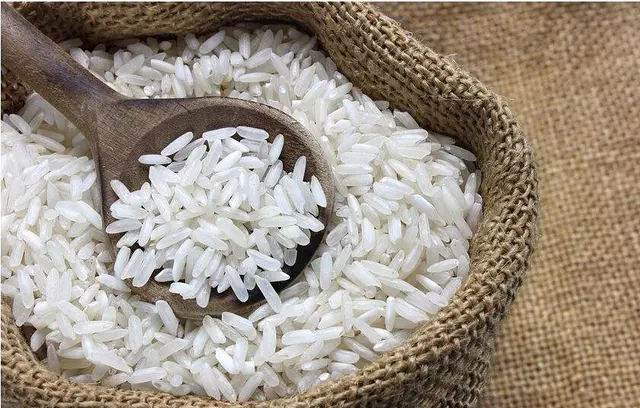By APD writer Melo M. Acuña
MANILA – With years of biosafety assessment, Golden Rice “has been found to be safe as conventional rice” by the Bureau of Plant Industry, an agency under the Department of Agriculture.
The biosafety permit, addressed to the Philippine Rice Research Institute (PhilRice) and International Rice Research Institute (IRRI) highlights the approval of GR2E Golden Rice for direct use for food and feed, or for processing (FFP).
In a statement from Los Baños, Laguna-based International Rice Research Institute said PhilRice Executive Director Dr. John de Leon welcomed the positive regulatory decision.
“With this FFP approval, we bring forward a very accessible solution to our country’s problem on Vitamin A deficiency that’s affecting many of our pre-school children and pregnant women,” said Dr. de Leon.
In spite of the success of public health interventions like oral supplementation, complementary feeding, and nutrition education, Vitamin A deficiency (VAD) among children from six months to five years increased from 15.2 percent in 2008 to 20.4 percent in 2013 in the Philippines. The beta-carotene content of Golden Rice aims to provide 30 to 50 percent of the estimated average requirement (EAR) of Vitamin A for pregnant women and young children.
“IRRI is pleased to partner with PhilRice to develop this nutrition-sensitive agricultural solution to address hidden hunger. This is the core of IRRI’s purpose: to tailor global solutions to local needs,” said IRRI Director General Matthew Morrell. He added the Philippines has long recognized the potential to harness biotechnology to help address food and nutrition security, environmental safety, as well as improve the livelihood of farmers.
The FFP approval is the latest regulatory milestone to develop and deploy Golden Rice in the Philippines. With this approval, PhilRice and IRRI will now proceed with sensory evaluations and finally answer the question that many Filipinos have been asking: “What does Golden Rove taste like?”
In order to complete the Philippine biosafety regulatory process, Golden Rice will require approval for commercial propagation before it can be made available to the public. This follows from the field trials harvested in Muñoz, Nueva Ecija and San Mateo, Isabela in September and October 2019.
According to the IRRI statement, the Philippines now joins a select group of countries that have affirmed the safety of Golden Rice. Last year, the Food and Standards Australia New Zealand, Health Canada, and the United States Food and Drug Administration published positive food safety assessments for Golden Rice. A biosafety application was filed in November 2017 and is currently undergoing review by the Biosafety Core Committee of Bangladesh.
(ASIA PACIFIC DAILY)
 简体中文
简体中文

